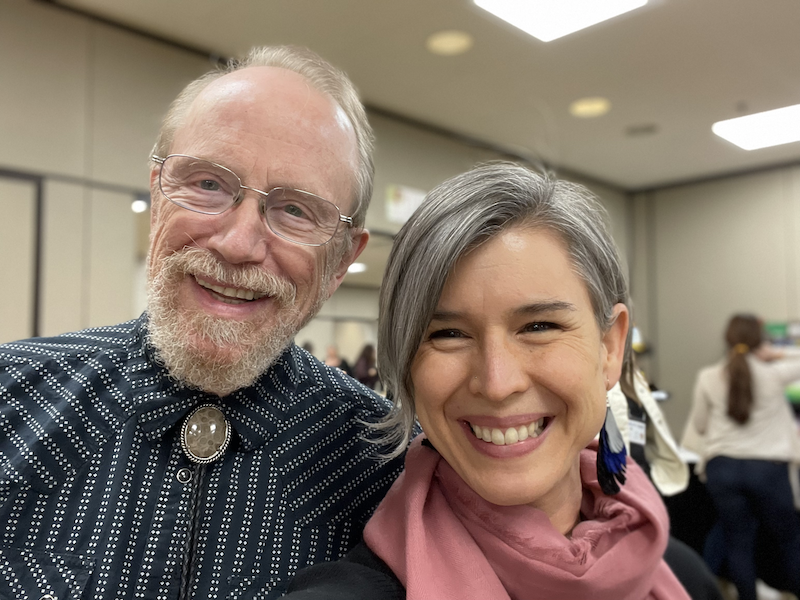Is giving advice a form of control?

I heard a comment recently that advice is a form of control.
I had never thought about it like that!
When I give advice, what is my intention behind it?
I typically think about the intention behind my advice-giving as positive- I’m trying to help! It’s so hard to listen to a client share a dilemma when I have ideas and solutions for them!
But is my attempt to advise actually a response to my own worry for them and a need to control the outcome? Good thing for me to pause and think about!
There is advice, and there is unsolicited advice. I can see how either could come across as a form of control!
When I think about unsolicited advice, it makes me think about the Bern Williams quote, “Unsolicited advice is the junk mail of life.”
I really respond to that metaphor, because when I think about my physical and emotional reaction to junk mail, it’s yucky.
“I don’t want this! I didn’t ask for this! It doesn’t fit what I want or need right now!” Yuck!
So then I wonder how it feels for clients when my fixing reflex kicks in and I start giving unsolicited advice. Sometimes, I see a client visibly draw back or glaze over when my good intentions via advice-giving take over.
As Motivational Interviewers, our job is to listen deeply, stay curious a little bit longer about what this person already knows, what they’ve already tried, & what ideas they have that they have about change. Usually, by the time I spend some time evoking these things, there’s no need for my advice or input.
A final note: If a client asks for my advice, I take a pause to make sure I have done a good job of really understanding the client’s dilemma first, so that any advice I give may fit what they need. And after I share my thoughts, I check back in with them. “What do you think about what I shared? How might this work or not work for you?”
MI Tip of the Week: If I find myself having the urge to give someone advice, I can invite myself to check in about my intentions. Am I jumping in too quickly to fix or advise? Instead, stay curious a bit longer. Evoke from your client what they already know, what they’ve already tried, & what ideas they have that they have about change. Maybe after I’ve listened more there won’t be a need for me to advise!
Related Posts

Motivational Interviewing Miller & Rollnick! Here’s what’s new!
The name “Motivational Interviewing” seems like a less-than-fitting name for what it actually is. For years, even as a trainer, I struggled with the name Motivational Interviewing.“Motivational” makes me think of motivational speakers, cheerleading, and motivating...
Related Posts

Root Cause? MI is Interested in Root Motivation!
Many of us, as helping professionals, are trained to look for the root cause problem. We notice barriers, issues, problems, and our brains want to go toward identifying those and fixing those. In Motivational Interviewing, we aren’t looking for the root cause, we are...

Let’s Learn Together!
Hi, I’m Hillary Bolter. At MI Center for Change, Motivational Interviewing is our passion. Motivational Interviewing will help you become more effective and efficient as you support clients’ change!

